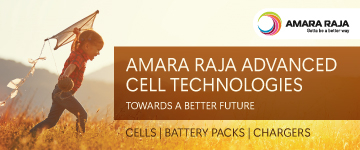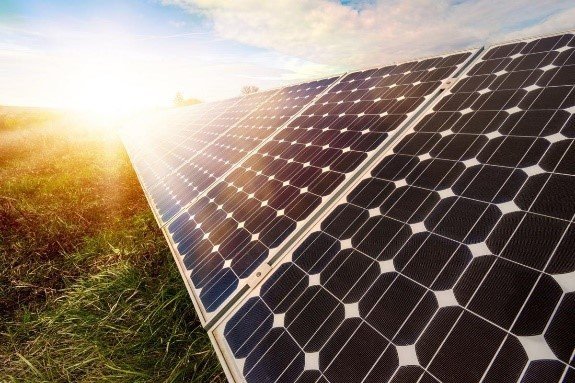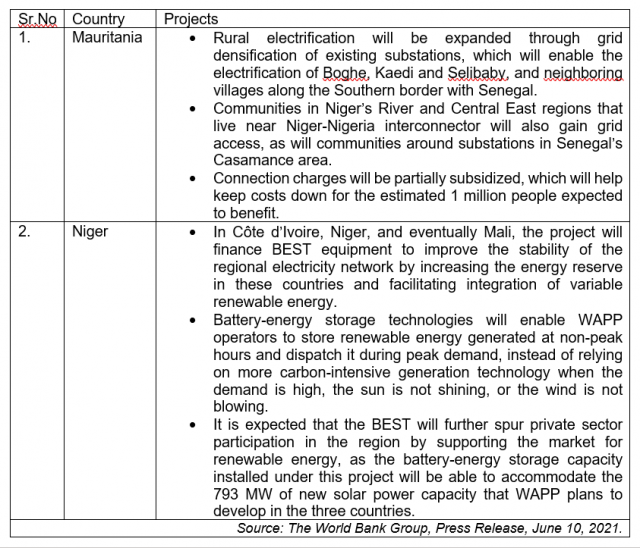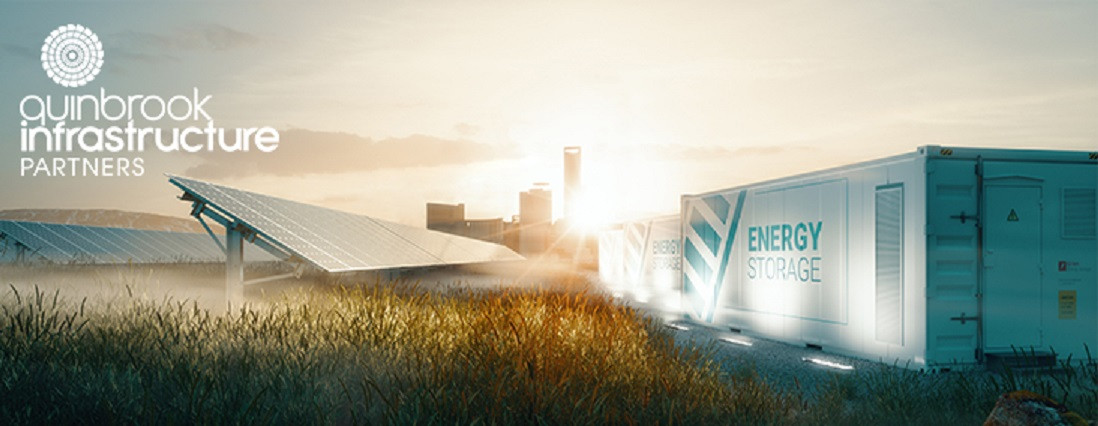World Bank provides $465M for energy access in West Africa
The World Bank (WB) Group has approved new Regional Electricity Access and Battery-Energy Storage Technologies (BEST) Project for a total amount of $465 million aimed at expanding energy access, integration of renewables and battery-energy storage projects in Countries in the Economic Community of West African States (ECOWAS).
The latest investment is a pioneering move that makes way for increased renewable energy generation, transmission, and investment across West Africa.
According to World Bank, the Regional Electricity Access and BEST will increase grid connections in fragile areas of the Sahel, build the capacity of the ECOWAS Regional Electricity Regulatory Authority (ERERA), and strengthen the WAPP's network operation with battery-energy storage technologies infrastructure.
In the past decade, the World Bank has financed close to $2.3 billion of investments in infrastructure and reforms in support of the West Africa Power Pool (WAPP) which is considered key to achieving universal access to electricity by 2030 in the 15 ECOWAS countries. The latest project builds on the progress and will further support civil works to accelerate access in Mauritania, Niger, and Senegal.
"West Africa is on the cusp of a regional power market that promises significant development benefits and potential for private sector participation," said Charles Cormier, Practice Manager in the Energy Global Practice at the World Bank.
"Bringing electricity to more households and businesses, improving reliability, and harnessing the region's substantial renewable energy resources—day or night—will help accelerate West Africa's economic and social transformation."
The latest projects will expand energy access, finance RE, and battery energy storage technologies as listed below:
ECOWAS countries plan to expand access to grid electricity to over 1 million people, enhance power system stability for another 3.5 million people, and increase RE integration in WAPP.
"These ambitious results will be achieved through a regional approach," said Deborah Wetzel, World Bank Director of Regional Integration for Sub-Saharan Africa, the Middle East, and Northern Africa.
"By working together, these countries can optimize investments and economies of scale, harmonize equipment and standards, and synchronize systems to deliver the transformative power of electricity to more people and usher in a new era of low-carbon energy trade."




















